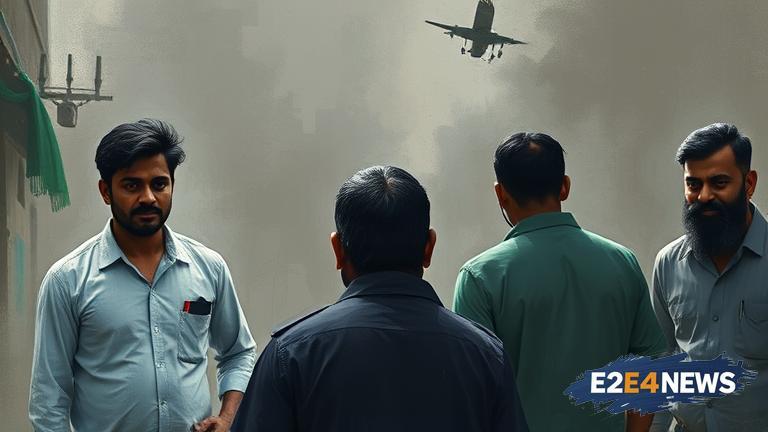The 7/11 case, which refers to the 2006 Mumbai train bombings, has brought to light the shortcomings of India’s terror trial system. The case, which resulted in the conviction of 12 individuals, has been marred by controversy and allegations of human rights violations. The trial, which lasted for over a decade, was characterized by delays, inconsistencies, and a lack of transparency. The prosecution’s reliance on questionable evidence and dubious witnesses has raised concerns about the integrity of the trial. Furthermore, the treatment of the accused, including allegations of torture and mistreatment, has sparked outrage and calls for reform. The case has also highlighted the issue of communal profiling, with many of the accused being Muslim men who were targeted and arrested based on their religious affiliation. The role of the police and intelligence agencies in the investigation and trial has also been called into question, with allegations of fabrication of evidence and coercion of witnesses. The 7/11 case is not an isolated incident, but rather a symptom of a larger problem with India’s terror trial system. The system is plagued by flaws, including a lack of accountability, inadequate legal representation, and a culture of impunity. The consequences of these flaws are far-reaching, resulting in the wrongful conviction of innocent individuals and the perpetuation of human rights abuses. The need for reform is urgent, and it requires a comprehensive overhaul of the system, including the establishment of independent oversight mechanisms and the provision of adequate legal representation for accused individuals. The Indian government must take immediate action to address these issues and ensure that the rights of all individuals, regardless of their background or circumstances, are protected. The 7/11 case serves as a stark reminder of the dangers of a flawed terror trial system and the need for transparency, accountability, and justice. The case has sparked widespread outrage and calls for reform, with many advocating for a more nuanced and balanced approach to counter-terrorism. The Indian judiciary has a critical role to play in ensuring that the rights of accused individuals are protected and that the rule of law is upheld. The 7/11 case is a wake-up call for the Indian government and judiciary to take immediate action to address the flaws in the terror trial system and ensure that justice is served. The case has also highlighted the importance of a free and independent press in holding those in power accountable and shedding light on human rights abuses. The role of civil society organizations and human rights groups is also crucial in advocating for reform and ensuring that the rights of all individuals are protected. In conclusion, the 7/11 case reveals the flaws in India’s terror trial system and highlights the need for urgent reform. The case serves as a reminder of the importance of transparency, accountability, and justice in ensuring that human rights are protected and that the rule of law is upheld. The Indian government and judiciary must take immediate action to address these issues and ensure that the rights of all individuals are protected. The consequences of inaction will be far-reaching, resulting in the perpetuation of human rights abuses and the erosion of trust in the justice system. It is imperative that the Indian government and judiciary take a proactive approach to addressing these issues and ensuring that justice is served. The 7/11 case is a stark reminder of the dangers of a flawed terror trial system and the need for urgent reform. The case has sparked widespread outrage and calls for reform, and it is imperative that the Indian government and judiciary take immediate action to address these issues.
